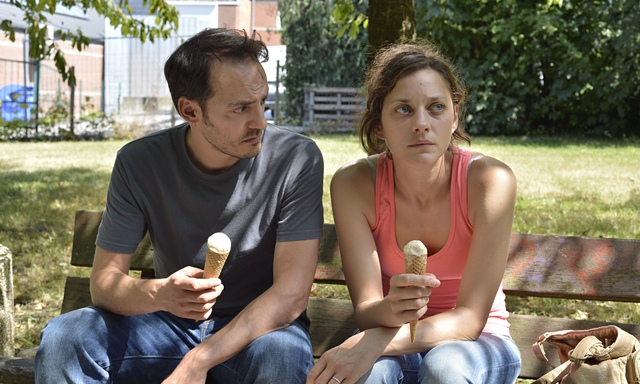Film Review: Two Days, One Night
Simple, Working-Class Story About Job Security Delivers Oscar-Worthy Drama


“Zut alors! Even our ice cream sucks.”
Latest Article|September 3, 2020|Free
::Making Grown Men Cry Since 1992


“Zut alors! Even our ice cream sucks.”